Former Israeli spies tried to influence local US election: Report
A defunct private intelligence agency in Israel attempted to influence at least one local US election and other domestic affairs, according to a report by US media.
The company, Psy-Group, even courted President Donald Trump's 2016 campaign and is now under investigation by the special counsel Robert Mueller, according to the report from The New Yorker.
Mueller is investigating alleged Russian collusion with Trump's election campaign during the 2016 US presidential election.
The company also tried to influence local elections in the US in favor of private clients, using smear campaigns and other methods including fake websites and online avatars to change the elections outcome.
Company architects
The New Yorker named Ram Ben-Barak, who was previously a deputy director of Mossad, and Yaakov Amidror, the former national security adviser to Israel's Prime Minister Benjamin Netanyahu, as the agents behind its operations.
Psy-Group's owner, Joel Zamel, described by US media as an “Israeli social media expert” who specializes in "social media manipulation", is known to have founded several companies, including one offering 'honey traps' and 'deep web' capabilities.
Zamel met with Donald Trump Jr. and Erik Prince (the brother of Education Secretary Betsy DeVos) at Trump Tower to pitch the company's services.
Sales pitch
Psy-Group, in a one-page website that gave a Cyprus address and a slogan “Shape Reality,” offered its service for influence campaigns, boasting that they could "plant the seeds of thought in people."
The Israeli company offered clients an array of services—including “honey traps,” a term used by spy agencies for an intelligence-gathering tactic using romantic or sexual relationships to extract information.
The Israeli firm also advertised its services in the “deep web and boasted Darknet capabilities.”
"We are looking at the tip of the iceberg in terms of where this can go," a former Israeli private intelligence worker reportedly told The New Yorker.
The tactics and proposals that were reportedly employed by the group are similar to those of Cambridge Analytica's services and those of Russian hackers who allegedly infiltrated American political networks through social media during the 2016 election.
‘No two-hour war’: Iran vows immediate retaliation to any attack
Pezeshkian: US must end provocations if it seeks genuine diplomacy
Iran summons German ambassador over Merz’s ‘low-minded’ remarks
Iran's Armed Forces warn EU of ‘consequences’ of IRGC designation
Iran FM: EU’s blacklisting of IRGC a ‘major strategic mistake’
EU blacklists IRGC in legally flawed move irrespective of consequences
VIDEO | Press TV's news headlines
VIDEO | Afghanistan opens first specialized cancer hospital



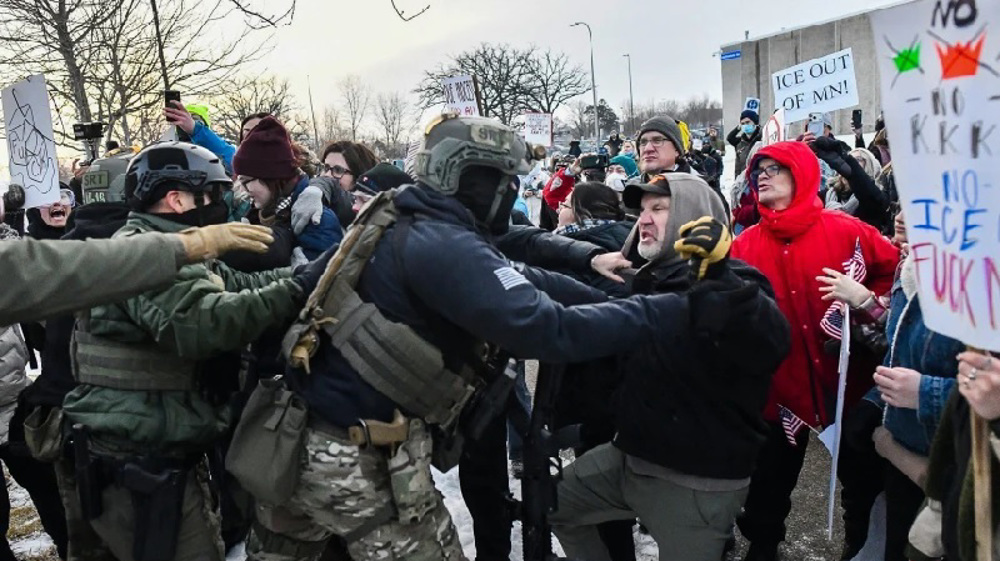
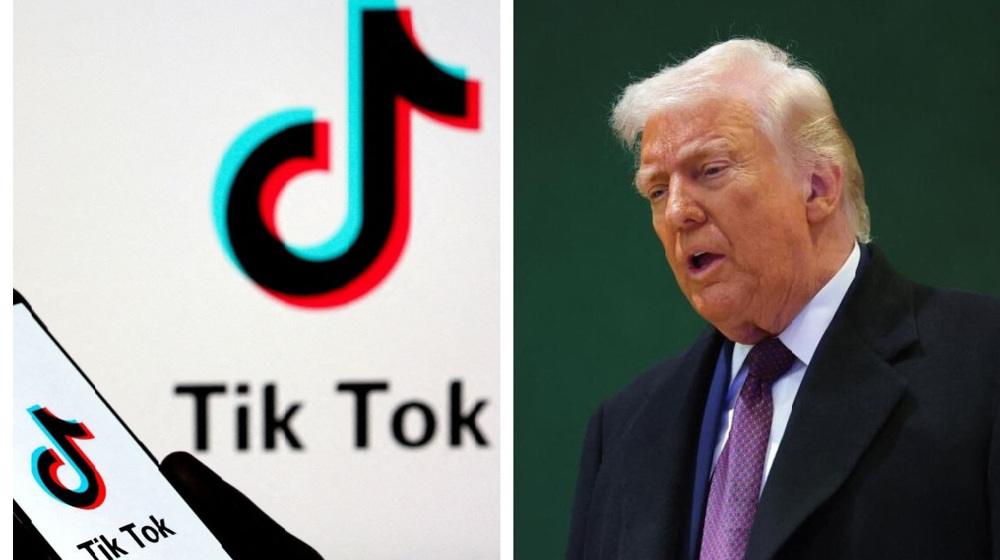
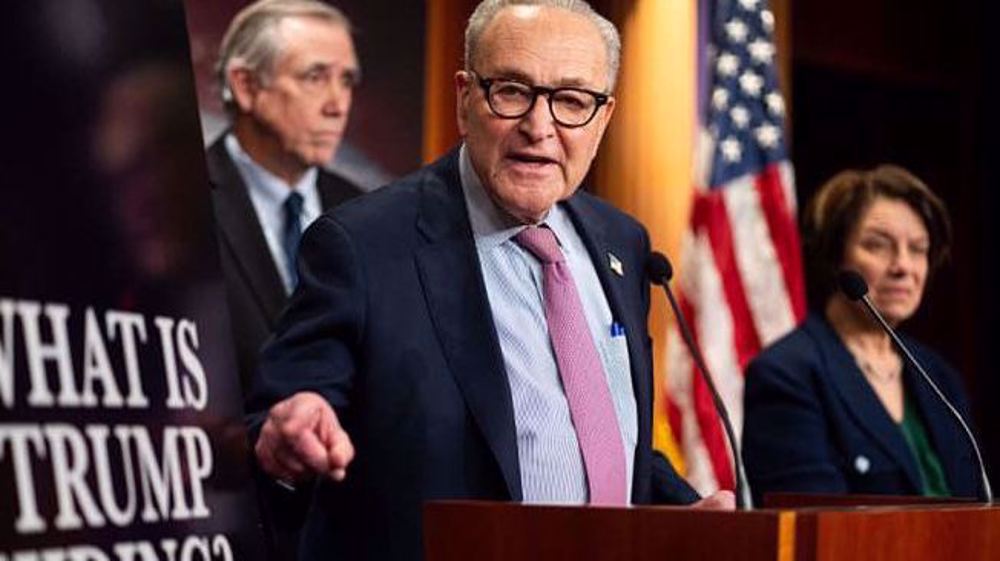




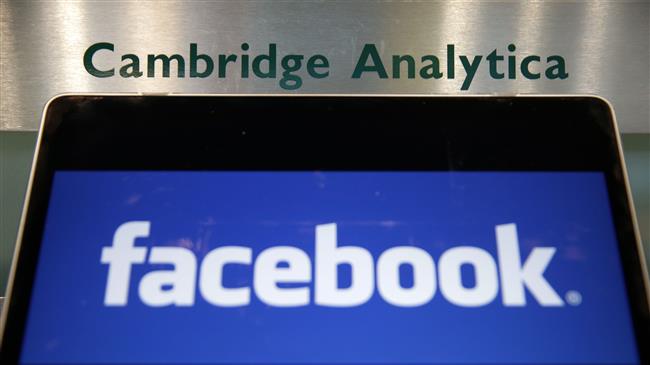
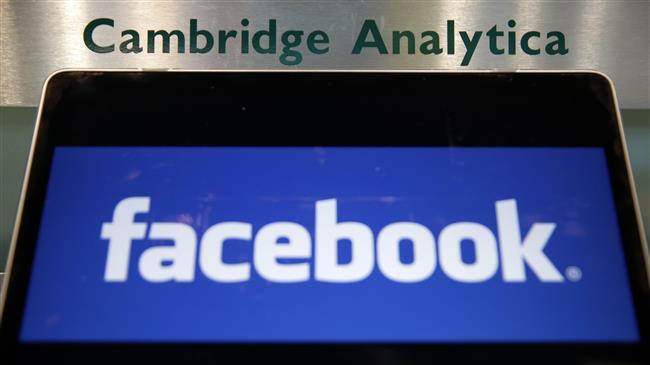
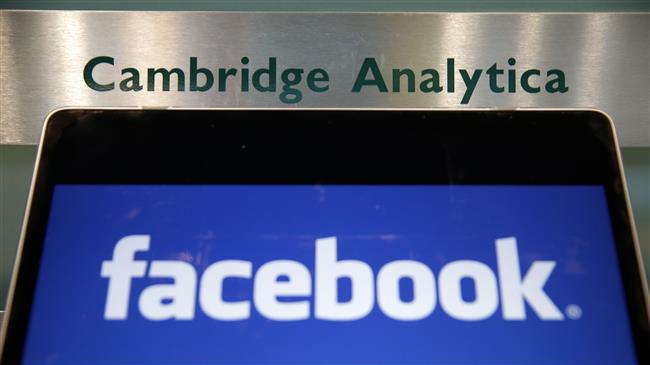


 This makes it easy to access the Press TV website
This makes it easy to access the Press TV website